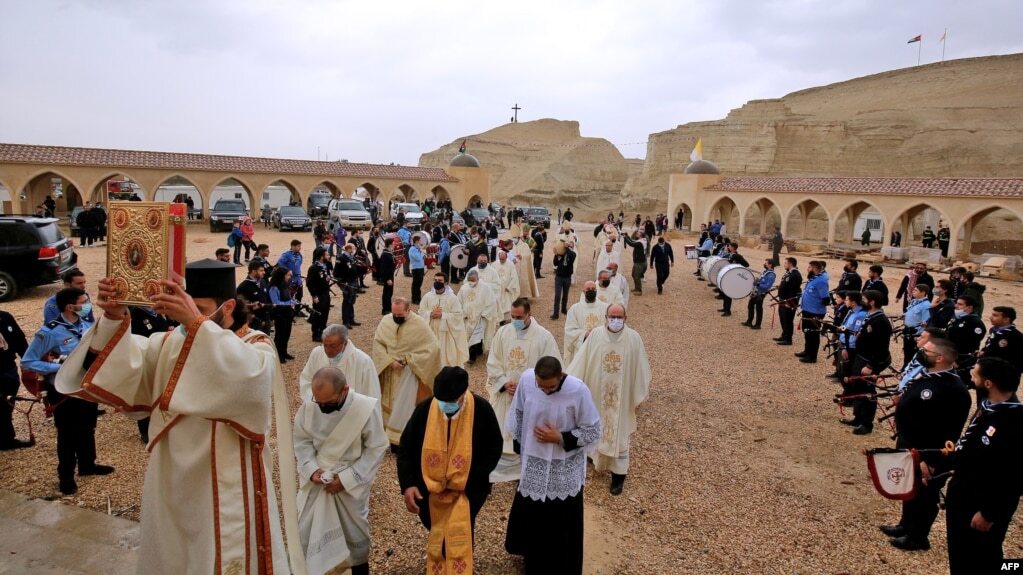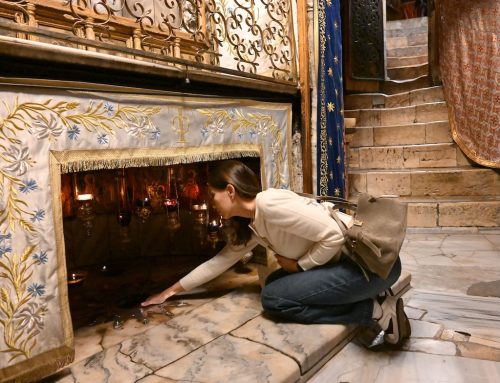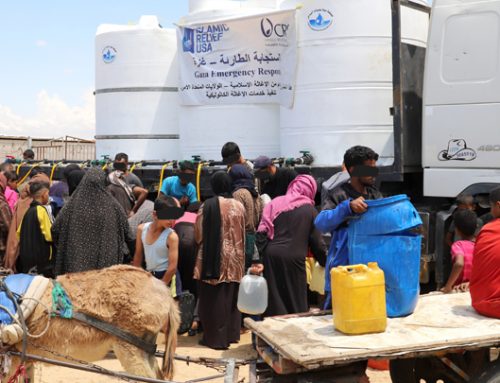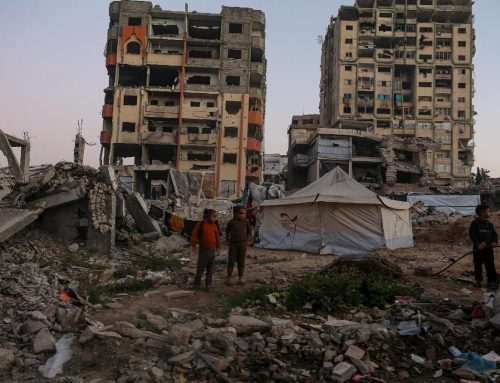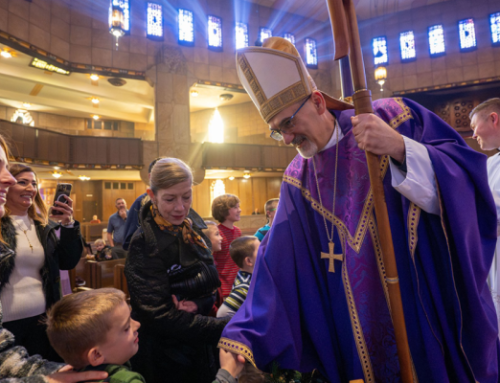AMMAN — Jordan has launched a $300 million, six-phase project ahead of Christmas celebrations to develop the officially recognized site of Jesus Christ’s baptism located on the east bank of the Jordan River.
Jordan offers a variety of tourism possibilities: adventure, medical and religious, with many notable Christian and biblical sites. But Jordanian Catholic priest Father Rifat Bader said the most important is the site of Jesus Christ’s baptism.
Bader, who directs the Catholic Center for Studies and Media in Amman, noted that three Catholic popes — St. John Paul II, Pope Benedict XVI, and Pope Francis — all visited the holy site, recognizing its importance. In 2015, it was recognized as a UNESCO World Heritage site.
“Since 2,000 years, we had the establishing of the churches,” Bader said. “Now is the time to fulfill the needs of the tourists or the pilgrims who come to this site. Until now we don’t have a lot of services.”
Ancient Roman and Byzantine churches, a monastery, and baptism pools on the site commemorating Jesus’ baptism by John the Baptist were destroyed by earthquakes and flooding throughout the centuries. Today, the site lacks accommodations and services for visitors.
Now Samir Murad, a former Jordanian labor minister, has been tasked with overseeing a project to develop a 160-hectare area for the non-profit Foundation for Development of Lands Adjacent to the Baptism Site. The goal is to provide an authentic educational and spiritual experience, as well as accommodations in Bedouin tents and restaurants offering farm to food meals.
“This site is a recent discovery. We are sharing it with the world now,” Murad said. “It is clearly documented and evidenced and acknowledged that this is the true baptism site of Jesus Christ. The Hashemite family who rule Jordan are the traditional custodians of the holy sites in the region. They have taken it upon themselves to protect and preserve the site exactly as it is.”
A botanical garden of biblical plants and herbs as well as a bird sanctuary, museum and small amphitheater are envisioned in the project. Wi-Fi and global communications infrastructure are planned below ground to maintain the integrity of the wilderness setting.
Murad, along with a board of trustees, say they are actively seeking funding from government entities, religious foundations, and others.
By Dale Gavlak | Voanews

